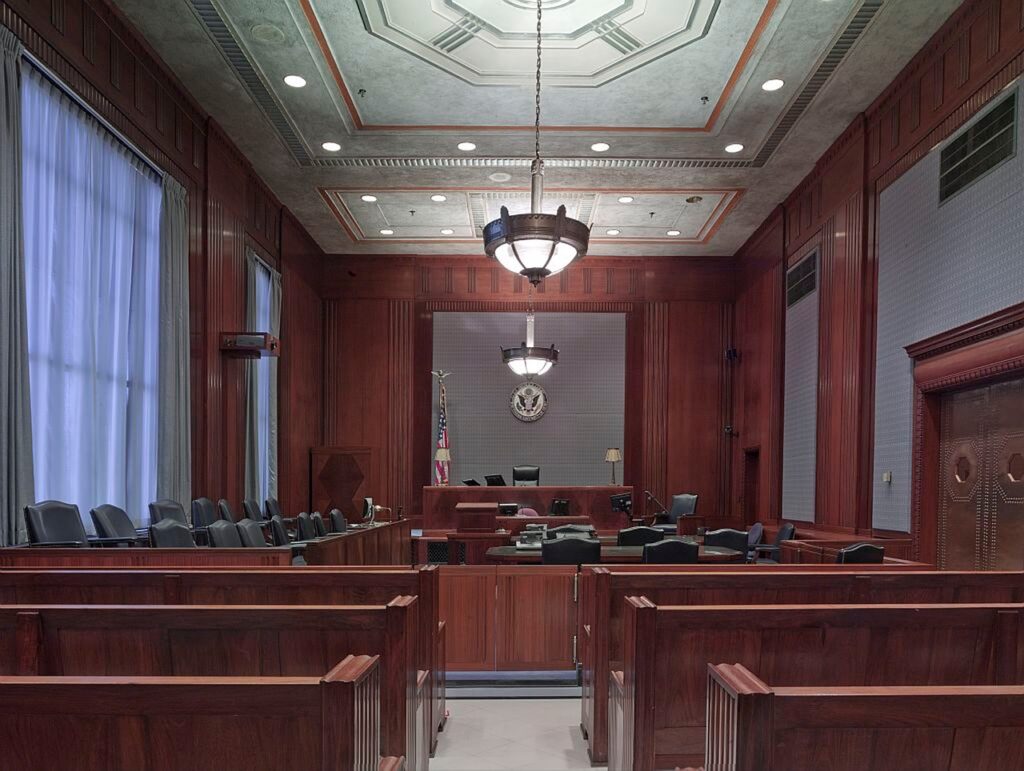In a pivotal ruling, the United States District Court for the Northern District of California recently determined the extent to which an artificial intelligence company could legally use copyrighted materials, specifically books, in training its large language models (LLMs).
Background of the Case
Anthropic PBC, an AI firm founded by former OpenAI employees, created a vast digital library comprising millions of books—some legitimately purchased, others obtained illegally from pirated sources. Anthropic used this library to train LLMs powering their Claude AI service, which generates text responses based on user inputs. Authors Andrea Bartz, Charles Graeber, and Kirk Wallace Johnson filed a copyright infringement lawsuit against Anthropic, alleging unauthorized copying and use of their works.
Court’s Decision
The court, presided over by Judge William Alsup, ruled that Anthropic’s use of the books for AI training purposes was “exceedingly transformative” and thus constituted fair use under Section 107 of the Copyright Act. However, it drew a significant distinction between legitimately purchased and pirated materials:
- Fair Use for AI Training:
The court held that Anthropic’s use of legitimately obtained books—though copied extensively for internal AI training purposes—was transformative. Anthropic’s AI did not produce outputs that infringed upon the authors’ original expressions, thus aligning with fair use provisions designed to encourage innovation and creative output without harming original creators. - Digital Conversion of Purchased Books:
Anthropic’s act of converting physical books into digital form for internal storage was also considered fair use. This was because the digital copies replaced the physical copies entirely, were not shared externally, and provided practical advantages such as easier storage and searchability. - Pirated Copies:
Conversely, the court ruled against Anthropic’s use of pirated copies, rejecting the company’s claim that acquiring unauthorized copies was justified by their eventual transformative use. The court emphasized that unauthorized acquisition from pirate sites was inherently infringing, particularly when lawful purchase was possible.
Reasoning Behind the Decision
Judge Alsup underscored that transformative use—altering the original work’s purpose or character significantly—is central to the fair use doctrine. He distinguished Anthropic’s internal AI training, which creates entirely new outputs from original content, from simple duplication or minor alterations. Additionally, the court highlighted the importance of whether the original author’s market or creative rights were harmed, finding no evidence that the internal AI training diminished the authors’ commercial opportunities or replaced the original works.
However, the judge firmly rejected the notion that transformative intent justified initial unauthorized copying. The decision clarified that transformative purposes cannot retroactively legalize acts of infringement committed during acquisition.
Impact and Next Steps
This case sets a crucial legal precedent regarding AI development practices and copyright law, emphasizing a balance between innovation and respect for intellectual property rights. It affirms AI companies’ ability to train their models using legitimately acquired copyrighted works while reinforcing that piracy cannot be excused even for transformative objectives.
The ruling may influence future licensing practices, potentially encouraging more transparent and legitimate partnerships between publishers and technology companies.
The parties continue to address outstanding issues, including class certification and potential appeals.
